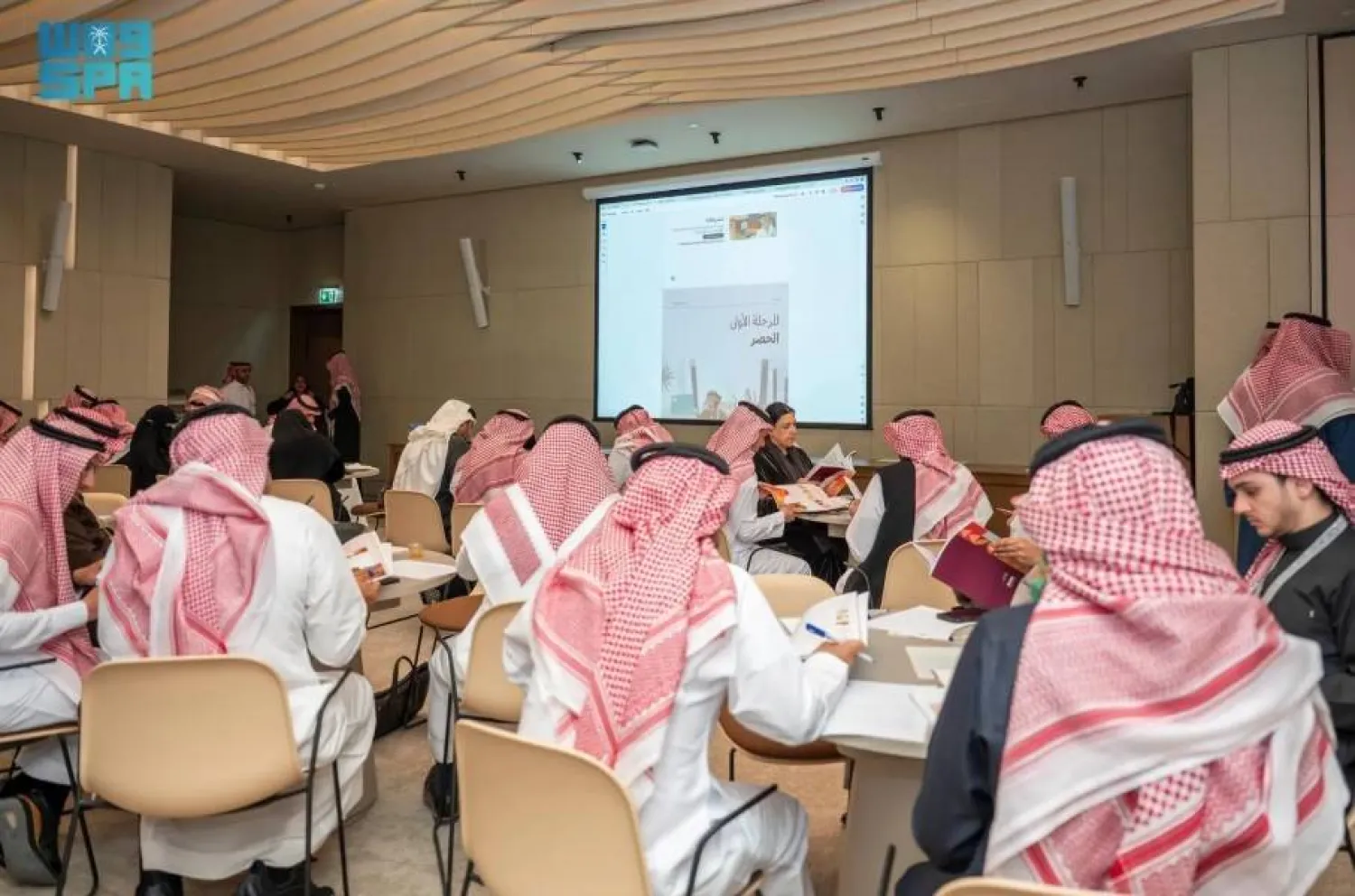South Koreans flocked to book stores on Friday and crashed websites in a frenzy to snap up copies of the work of novelist Han Kang in her home country, after her unexpected win of the 2024 Nobel Prize in Literature.
However, the author herself was keeping out of the limelight, Reuters reported.
The country's largest bookstore chain, Kyobo Book Center, said sales of her books had rocketed on Friday, with stocks almost immediately selling out and set to be in short supply for the near future.
"This is the first time a Korean has received a Nobel Prize in Literature, so I was amazed," said Yoon Ki-heon, a 32-year-old visitor at a bookstore in central Seoul.
"South Korea had a poor achievement in winning Nobel Prizes, so I was surprised by news that (a writer of) non-English books, which were written in Korean, won such a big prize."
Soon after Thursday's announcement, some bookstore websites could not be accessed due to heavy traffic. Out of the current 10 best sellers at Kyobo, nine were Han's books on Friday morning, according to its website.
Han's father, well-regarded author Han Seung-won, said the translation of her novel "The Vegetarian,” her major international breakthrough, had led to her winning the Man Booker International Prize in 2016 and now the Nobel prize.
"My daughter's writing is very delicate, beautiful and sad," Han Seung-won said.
"So, how you translate that sad sentence into a foreign language will determine whether you win ... It seems the translator was the right person to translate the unique flavor of Korean language."
Han's other books address painful chapters of South Korean history, including "Human Acts" which examines the 1980 massacre of hundreds of civilians by the South Korean military in the city of Gwangju.
Another novel, "We Do Not Part,” looks at the fallout of the 1948-1954 massacre on Jeju island, when an estimated one in ten of the island's population were killed in an anti-communist purge.
Han Kang received the news of her win about 10 to 15 minutes before the announcement, her father said, and was so surprised that she thought it might be a scam at one point.
Nobel Prize Winner Han Kang's Books Fly Off the Shelves in South Korea

South Korean author Han Kang speaks to the media during a news conference in Seoul, South Korea, on May 24, 2016. (AP Photo/Lee Jin-man)

Nobel Prize Winner Han Kang's Books Fly Off the Shelves in South Korea

South Korean author Han Kang speaks to the media during a news conference in Seoul, South Korea, on May 24, 2016. (AP Photo/Lee Jin-man)
لم تشترك بعد
انشئ حساباً خاصاً بك لتحصل على أخبار مخصصة لك ولتتمتع بخاصية حفظ المقالات وتتلقى نشراتنا البريدية المتنوعة







